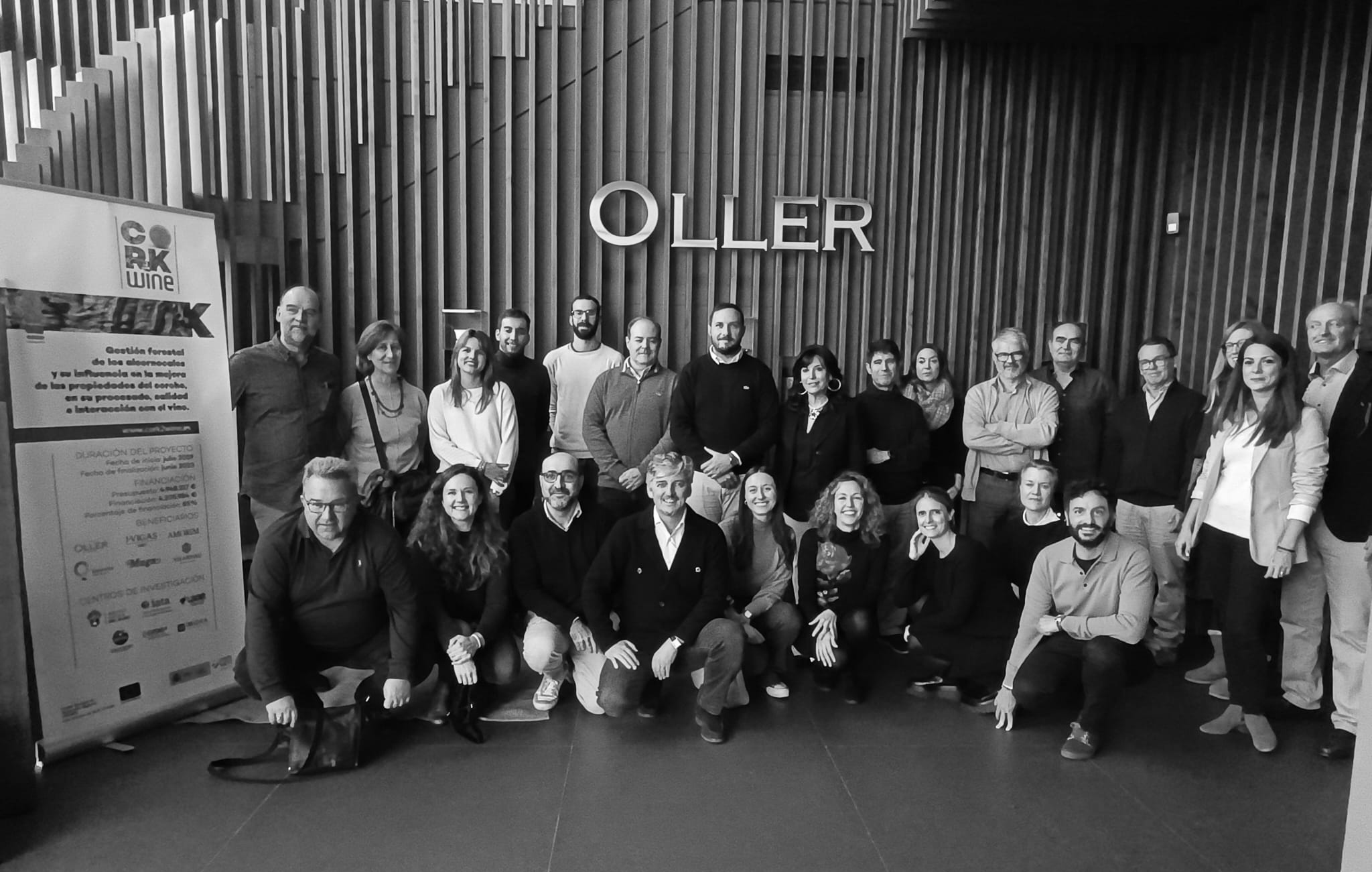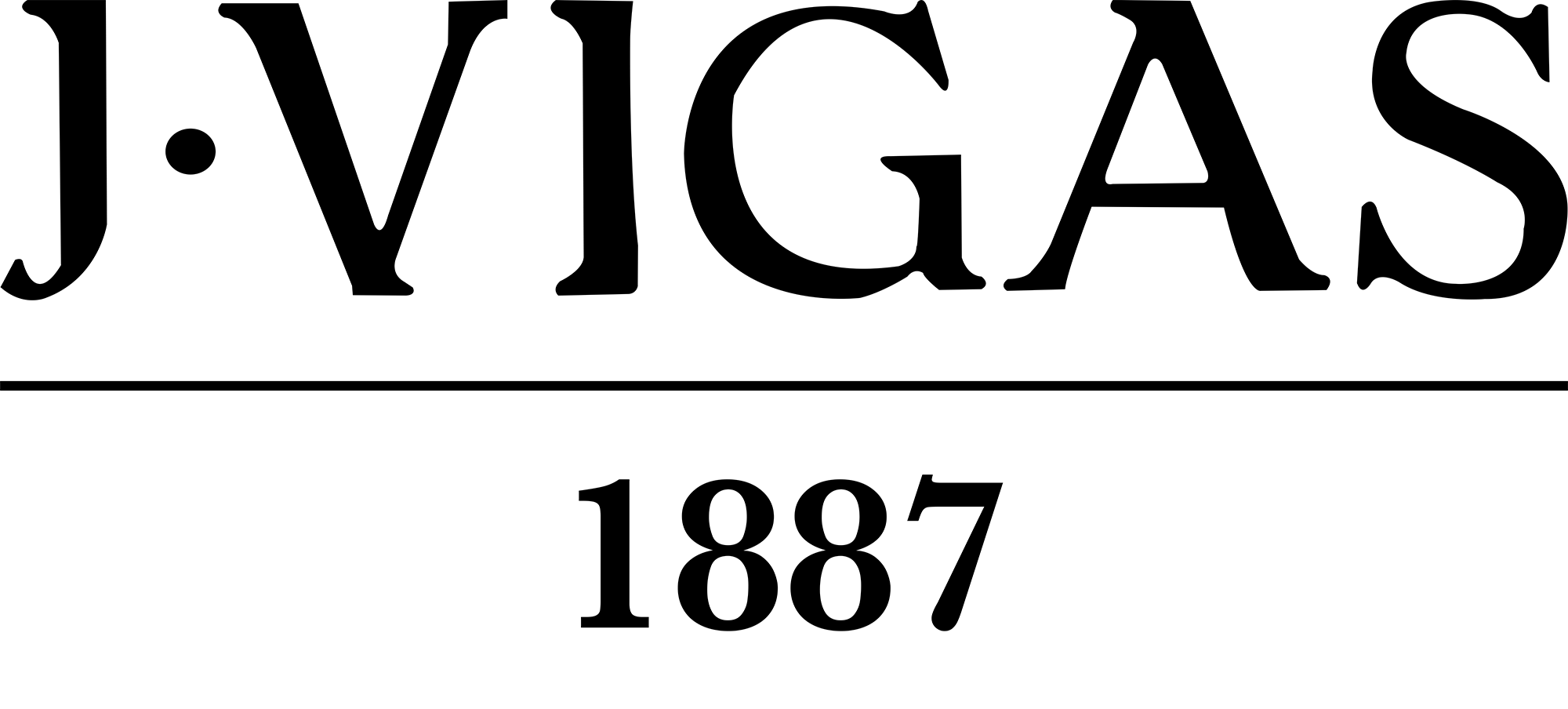
RESEARCH PROJECT
CORK2WINE: The cork-wine binomial, key to the promotion of both sectors
The progress made within the framework of this project, which is now ending, will make it possible to promote high quality wines and boost the national cork sector
November 2023
The CORK2WINE R&D project has ended after having achieved significant developments in improving the competitiveness, sustainability, international positioning and future viability of the Spanish cork sector. This material plays a fundamental role in enhancing high-quality wines, since it allows the evolution of the product and its maintenance in optimal conditions, which is why the results of this project are intrinsically related to the wine sector.
Thus, the main advances and results of this initiative have been presented at a closing ceremony held at the headquarters of the company Francisco Oller, who has led this project in which J. Vigas, Amorim Forestal, Quimivita, Muga and Vilarnau.
With a budget close to 5,000,000 euros, financed by the CDTI Innovation with FEDER funds from the European Union within the framework of the CIEN Strategic Program, CORK2WINE has also had the collaboration of several research groups: the Fundació Institut Català del Suro, the Institute of Agrochemistry and Food Technology of the Higher Council for Scientific Research (IATA-CSIC), the Laboratory of Aroma Analysis and Oenology of the University of Zaragoza, the Center for Scientific and Technological Research of Extremadura (CICYTEX), the Center for Research in Agricultural Genomics (CRAG) and the Madrid Institute for Rural, Agrarian and Food Research and Development (IMIDRA).
Main conclusions
At the closing ceremony, the different participants in CORK2WINE agreed that the main conclusion of this project is that “wineries and companies in the cork sector cannot move forward separately.” Thus, the research developed and the knowledge generated have made it possible to establish the cork-wine binomial as an essential variable to guarantee the quality of the final product, since cork is a natural material that adds character to wines.
In this sense, the consortium companies have insisted on the importance of promoting and continuing to advance research into the cork-wine interaction to prevent this natural polymer from being replaced by other materials in the wine industry. In this way, they have indicated that the results of CORK2WINE have great value because they lay the foundations, as a starting point, to undertake other R&D initiatives that follow the same path that has been undertaken.
Likewise, they have highlighted the good climate of work and collaboration that has existed between companies and research centers, which has allowed them to obtain “very positive and successful” results for both sectors and even for others such as cosmetics, that will be able to take advantage of the by-products generated following the principles of the circular economy.
Project development
Adopting a comprehensive approach to cork research, this project has applied R&D to generate the knowledge necessary to address the technological challenges that affect the entire national cork production chain. From the stages of primary production in the forestry field to the final manufacturing of wine stoppers, including processing. Likewise, work has been done on the profitable and optimal use of the by-products and waste generated during the process, following the principles of circular economy, to take advantage of their antioxidant properties in the cosmetics industry.
In this way, the development of CORK2WINE has been organized in a triple direction according to the interactions that occur along the cork value chain: cork oak-cork, cork-stopper, stopper-wine. Consequently, three lines of technical activities have been carried out. The first has been related to the forestry and genetic aspects of cork oak forests that affect the physiology and histology of cork and its interaction with wine. The second has had to do with the processing of cork, the production of the stopper and the new applications for the byproducts generated from the manufacture of stoppers. Finally, the third has revolved around improving the sensory quality of the cork stopper.
About CORK2WINE
CORK2WINE is an R&D&I project that aims to apply a new comprehensive approach to cork research to address the advancement and overcoming of the current technological challenges of the national cork sector.
From the stages of primary production in the forestry field to the subsequent manufacture of wine stoppers, this initiative also studies the profitable and optimal use of by-products and waste. In short, CORK2WINE aims to guarantee the competitiveness, sustainability, international positioning and future viability of the sector.
The company Francisco Oller leads this project in which J. Vigas, Amorim Forestal, Quimivita, Muga and Vilarnau also participate. In addition, it has the collaboration of several
Política de privacidad | Política de Cookies | Aviso legal | Créditos
